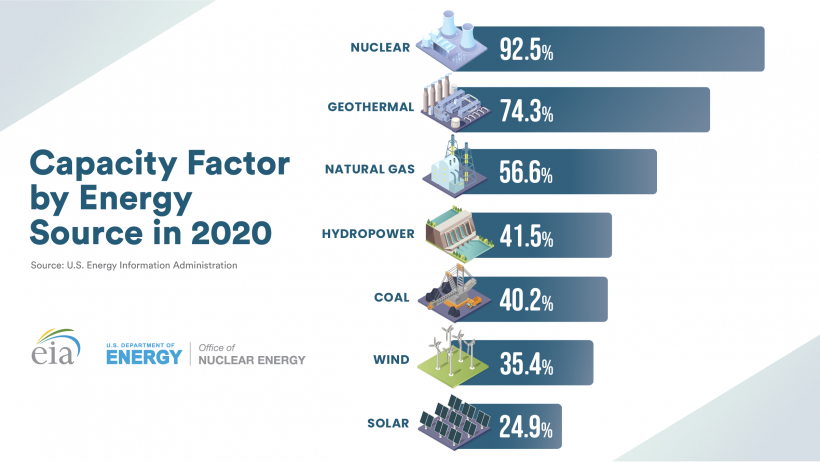Introduction
Yield in the energy sector is a crucial metric that indicates the amount of energy produced by a specific system or facility. This measurement is a key indicator of efficiency and output. It provides insights into the effectiveness of a particular energy source or technology.
Yield in Renewable Energy Sources
Renewable energy sources, such as solar or wind, demonstrate the importance of yield in energy production. It represents the actual energy output, typically measured in kilowatt-hours (kWh) or other relevant units, over a specific timeframe. For solar panels, it reflects the electricity generated from sunlight. For wind turbines, it quantifies the power generated from wind motion. Yield is a crucial factor in assessing the performance and viability of renewable energy systems.
Yield in Energy Projects
In energy projects, it refers to the return on investment and the overall performance of the project. This concerns energy production, beyond the immediate energy output. Evaluating yield in energy projects helps stakeholders gauge the efficiency and economic viability of the undertaken initiatives.
Yield in Traditional Energy Sources
In traditional energy sources, yield refers to the amount of usable energy obtained from a resource. It considers account factors such as extraction, refining processes, and transportation. It is a crucial parameter for assessing the efficiency of the entire supply chain.

Types of energy by efficiency rate. Yield measures the efficiency and performance of an energy source. Source.
Variability in Yield Calculations
The definition and calculation of yield can vary depending on the type of energy source or technology involved. Factors such as the characteristics of the energy resource, technological advancements, and the overall energy infrastructure contribute to the variability in calculations.
Importance of Yield Optimization
Optimizing it is an ongoing pursuit in the energy sector, regardless of the energy source. In the case of renewable energy, it involves maximizing the efficiency of solar panels, wind turbines, or other technologies. In traditional energy, the focus is on enhancing extraction and refining processes to increase the usable energy yield from available resources.
Conclusion
In conclusion, yield is a crucial measurement in the energy sector for assessing efficiency and performance. Understanding and optimizing it is fundamental to achieving sustainability and economic viability. As the energy landscape continues to evolve, maximizing yield remains integral to meeting global energy demands efficiently.
Frequently asked questions
What does yield represent in the energy sector?
Yield in the energy sector is a crucial metric that indicates the amount of energy produced by a specific system or facility. It serves as a key indicator of efficiency and output, providing insights into the effectiveness of a particular energy source or technology.
How is yield measured in renewable energy sources like solar or wind?
In renewable energy sources, such as solar or wind, yield represents the actual energy output over a specific timeframe, typically measured in kilowatt-hours (kWh) or other relevant units. For solar panels, it reflects the electricity generated from sunlight, while for wind turbines, it quantifies the power generated from wind motion.
What does yield mean in the context of energy projects?
In the context of an energy project, it refers to the return on investment and the overall performance of the project concerning energy production. Evaluating yield in energy projects helps stakeholders gauge the efficiency and economic viability of the undertaken initiatives.






